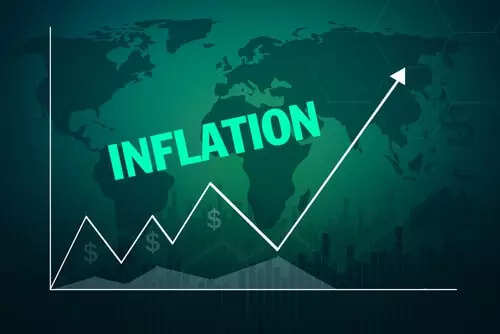 Washington: Rising food costs, soaring fuel bills and wages that are not keeping pace. Inflation is plundering people’s wallets, sparking a wave of protests around the world.
Washington: Rising food costs, soaring fuel bills and wages that are not keeping pace. Inflation is plundering people’s wallets, sparking a wave of protests around the world.
This week alone saw protests by the political opposition in Pakistan, nurses in Zimbabwe, unionised workers in Belgium, railway workers in Britain, indigenous people in Ecuador, hundreds of US pilots and some European airline workers. Sri Lanka’s prime minister declared an economic collapse on Wednesday after weeks of political turmoil.
Economists say Russia‘s war in Ukraine amplified inflation by further pushing up the cost of energy and prices of fertiliser, grains and cooking oils as farmers struggle to grow and export crops in one of the world’s key agricultural regions.
As prices rise, inflation threatens to exacerbate inequalities and widen the gap between billions of people struggling to cover their costs and those who are able to keep spending. “We are not all in this together,” said Matt Grainger, head of inequality policy at antipoverty organisation Oxfam. “How many of the richest even know what a loaf of bread costs? They don’t really, they just absorb the prices.”
Oxfam is calling on the Group of 7 leading industrialised nations, to provide debt relief to developing economies and to tax corporations on excess profits.
“This isn’t just a standalone crisis. It’s coming off the back of an appalling pandemic that fuelled increased inequality worldwide,” Grainger said.
“I think we will see more and more protests.”